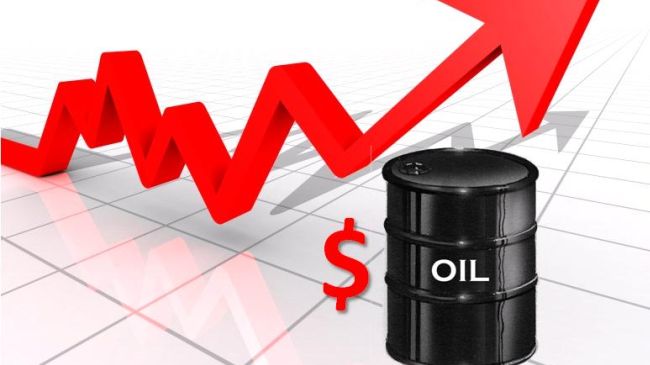Baku, Azerbaijan, Feb. 16
By Aygun Badalova - Trend:
The announcement of an agreement between Saudi Arabia, Russia, Venezuela and Qatar to freeze oil output is tantalizingly close to something that could mark a turning point in the market, analysts of the US JP Morgan bank said in a report, obtained by Trend.
Yet, until further crucial elements are agreed - notably Iran's acceptance of a very unfavourable deal from their perspective - analysts expect prices to surrender gains thus far, in the coming days.
Energy ministers of Russia and a number of OPEC countries have agreed to freeze the production of oil after the negotiations in Qatar's capital Doha.
Oil output will be stabilized at the level of Jan. 11, according to Saudi Arabia's oil minister Ali Al Naimi.
JP Morgan analysts believe that despite some positive elements of the agreement, the negatives of this deal outweigh these positive factors.
Among the positive elements is that the deal includes an agreement by OPEC and non-OPEC producers - rather than an adjustment that purely relies on GCC (Gulf Cooperation Council) members to do the heavy lifting, analysts said.
It also demonstrates the principle that any adjustment is enforced equally across participants, according to the analysts.
Moreover, the output freeze will be monitored - moving OPEC back towards country level production targets - something that has been missing from OPEC's framework for nearly five years, analysts said.
Coming to the negative factors, analysts said that the deal appears only to refer to crude output - in common with current OPEC agreements - and thus growth from non-crude sources, e.g. NGLs are excluded - particularly pertinent for Russia and Saudi Arabia where NGL volumes will account for the majority of their liquids growth in 2016.
"All four producers are at, or close to, maximum output, effectively capping production at historically high levels that will likely ensure that markets remain over-supplied in the first half of 2016," analysts said.
Analysts also stressed that the participation by other OPEC members, most importantly Iran, has yet to be secured.
"The logic behind Iran agreeing to limit output to a level that was restricted by sanctions is weak and contrary to their public statements regarding output policy for the balance of 2016," they said.
Cartel's 13 members produced 32.335 mbpd in January, about 130,700 bpd more than December 2015. The official quota for OPEC oil production stand at 30 million barrels per day.






